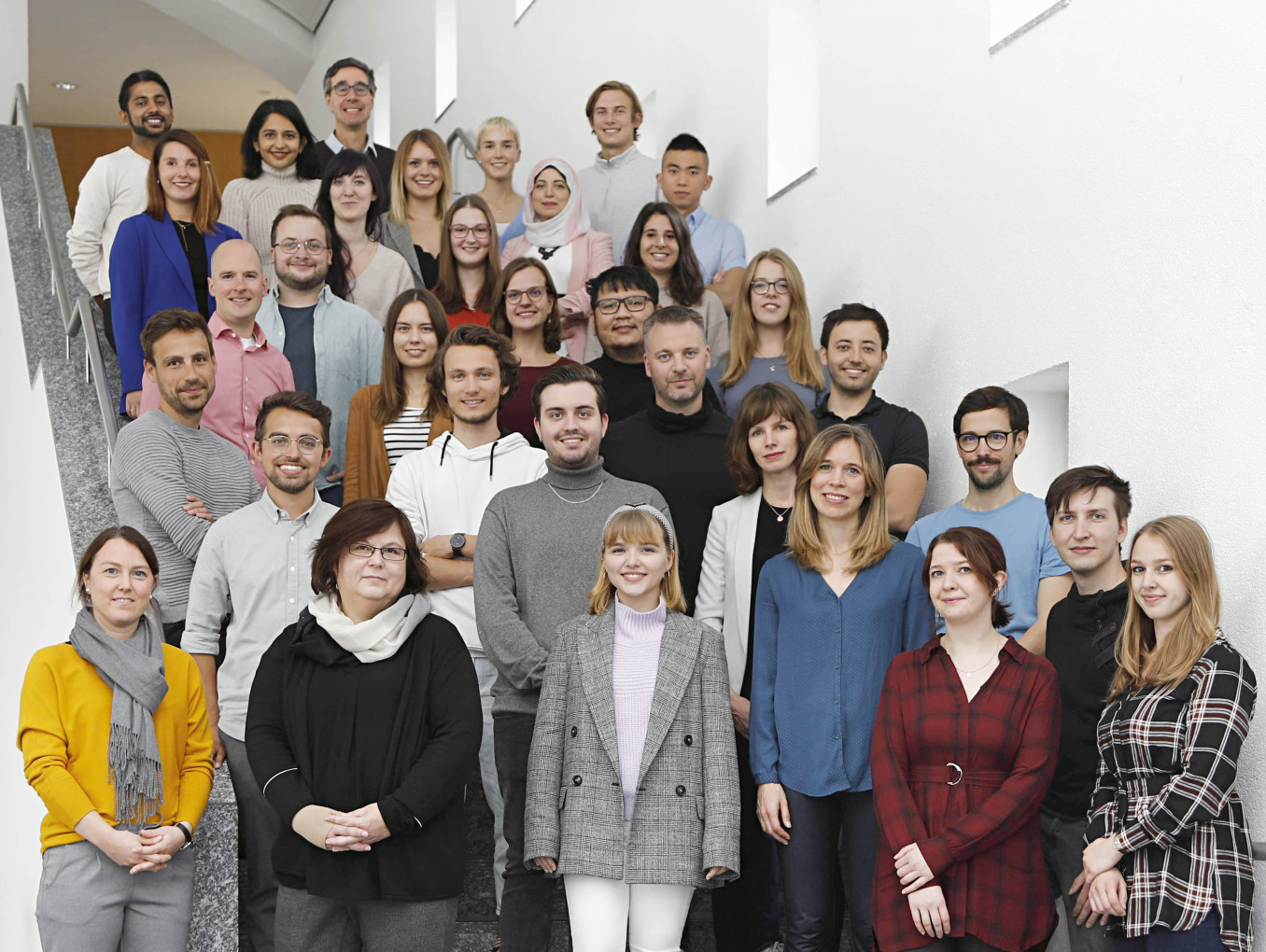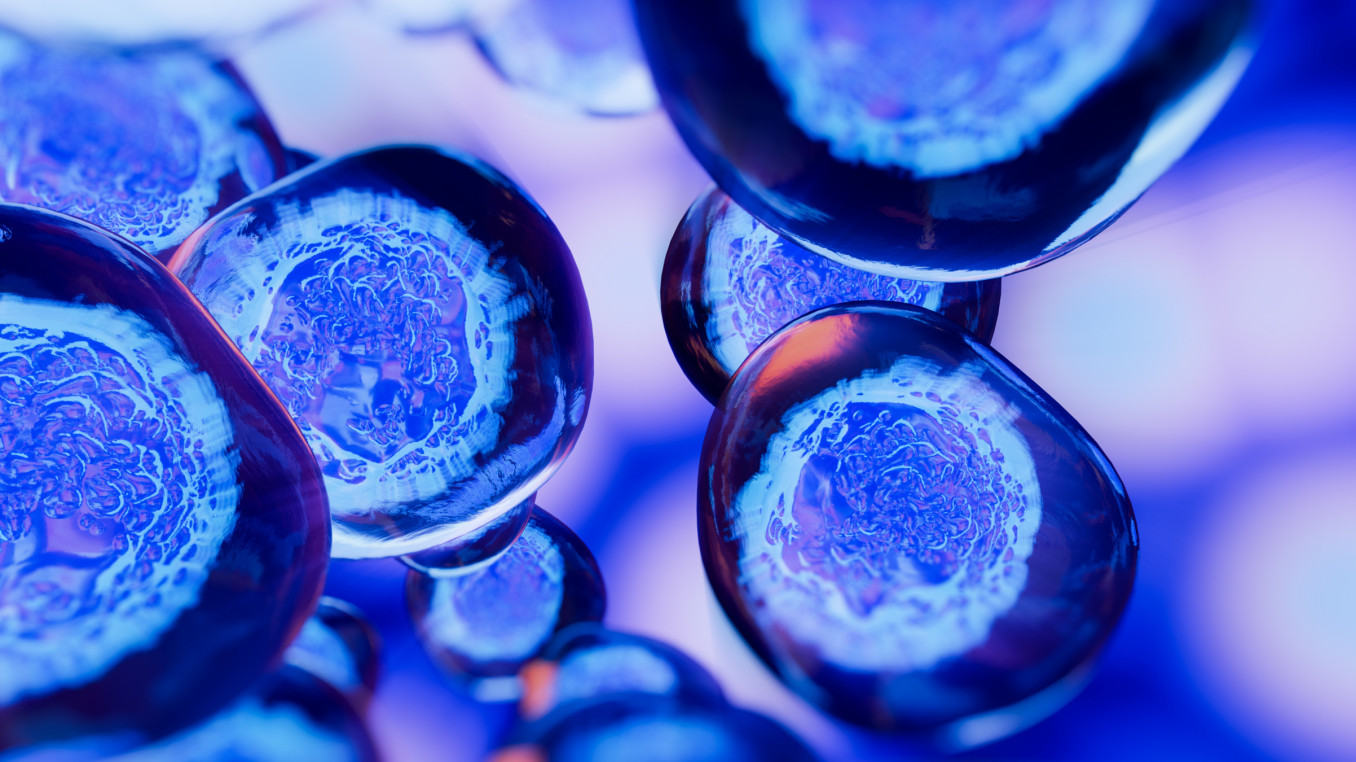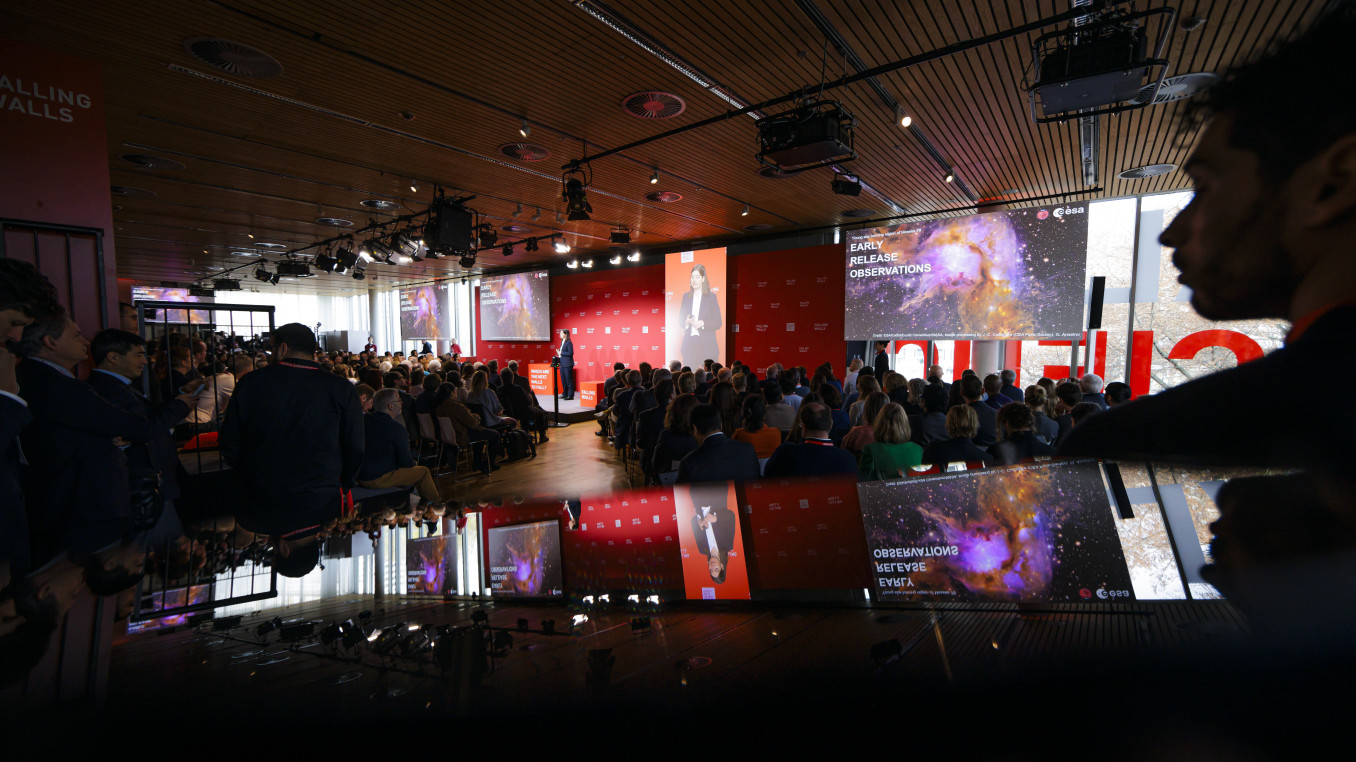Advancing Brain Tumor Vaccines: Michael Platten's Immunotherapy Innovations
Breaking the Wall of Brain Tumor Vaccines
Science Breakthrough of the Year 2024 Interview: Life Sciences
Michael Platten is pioneering vaccines targeting gliomas by harnessing the patient's immune system to combat cancer-causing mutations. His groundbreaking clinical trials have demonstrated the safety and efficacy of these vaccines. Platten’s current research aims to engineer highly specific immune cells for treating brain tumors and other cancers, using advanced bioinformatics and molecular biology tools. His interdisciplinary approach seeks to develop innovative immunotherapies, offering hope for curing brain tumors.
Which wall does your research or project break?
My research breaks the wall of brain tumor vaccines. Many brain tumors, particularly gliomas, are incurable with current therapies. We have pioneered vaccines, which target gliomas at the root by activating the patients immune system to cancer-causing mutations. This is particularly important, as cancer is typically comprised of many different clones with different mutations. Finding cancer causing mutations present in all cells of a given cancer is also important for vaccines to ensure that all cancer cells are targeted. I have developed and led several first-in-human clinical trials using such vaccines, which demonstrated their safety and efficacy.
What are the three main goals of your research or project?
My goal is to make such vaccines available to cure brain tumors. To enhance and broaden this approach my current research uncovers specific immune cell receptors from brain tumor patients. We will use these information to engineer highly specific immune cells for the treatment of brain tumors and other types of cancer. This requires an array of bioinformatic and molecular biology tools, which my team develops and optimizes. My goal is to bring together an interdisciplinary team of researchers and clinicians to develop immunotherapies for brain tumors in an iterative, rather than linear manner to derive as many information as possible fro the therapeutic interventions we develop.
What advice would you give to young scientists or students interested in pursuing a career in research, or to your younger self starting in science?
Be bold. Be critical. Ask questions until the answer is "I do not know". Then conduct experiments to find the answer. Seek caring and critical mentors. Start being a mentor yourself. Work in teams instead of yourself and share your knowledge. Empower the next generation. Find solutions to problems that are relevant for people. If the solutions require embarking a new research field, do not hesitate to do so. Involve experts from different fields and share you passion and excitement. Explain what you are doing and why in terms that everyone can understand. Enjoy the freedom that a career in science provides and be mindful of the societal responsibility that comes with it.
What inspired you to be in the profession you are today?
I was inspired by fantastic mentors and their dedication for brain tumor research and immunology. I am constantly inspired by my patients to continue translating my research to innovative therapies.
What impact does your research or project have on society?
First and foremost it offers novel therapeutic options for patients with a devastaing disease.
What is one surprising fact about your research or project that people might not know?
Our research from the initial scientific findings to the development of vaccines, the preclinical validation and all clinical trials to date were support by academic research funds only.
What’s the most exciting moment you've experienced over the course of your research or project?
Two moments: The first was when I saw that in a patient immune cells were able to recognize the subtle difference between the cancer-causing mutation and the normal protein. The second when we saw that our vaccine induced a specific immune response in a patient's brain tumor in our clinical trial.
Further Research on Brain Tumor Vaccines
I am the president-elect of the European Association of Neuro-Oncology


